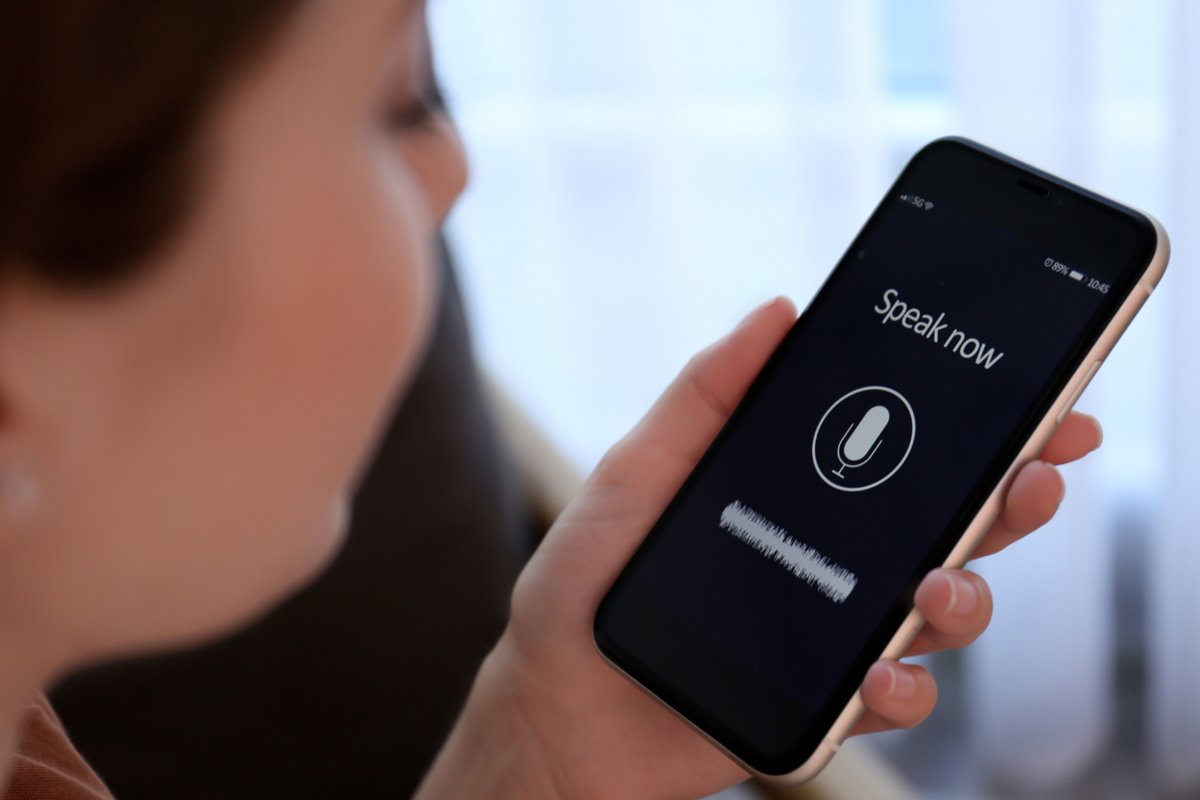
As voice assistants like Siri, Alexa, and Google Assistant become everyday tools for Florida consumers, the way people search — and the way they act on search results — is changing. Increasingly, voice search is not only driving website traffic but also triggering immediate phone calls to businesses.
For local service providers, healthcare offices, law firms, home repair companies, and countless other industries, preparing your website for voice search is essential to generating call leads in the years ahead. Optimizing for typed queries alone is no longer enough if you want to stay competitive.
Here’s how Florida businesses can optimize for voice search and ensure they capture more phone-driven leads as consumer behavior continues to evolve.
Why Voice Search Matters for Lead Generation
- Voice searches are highly action-oriented: A user asking for the “best roofer near me” or “emergency dentist open now” typically intends to call — not browse.
- Local intent dominates: Over 50% of voice searches target local information, making it critical for Florida-based businesses.
- Mobile behavior is shifting: Hands-free, conversational queries are replacing traditional keyword-based searches, especially among busy homeowners, tourists, and commuters.
- Voice assistants prioritize fewer results: Unlike traditional search listings, voice search often serves just one or two top answers — making optimization crucial.
Voice optimization ensures your business becomes the first (and sometimes only) choice for ready-to-act customers.
How Voice Search Is Different From Traditional Search
1. Longer, More Conversational Queries
Instead of typing “personal injury lawyer Miami,” a voice user might ask, “Who is the best personal injury lawyer near downtown Miami open right now?”
2. Stronger Mobile and Local Emphasis
Voice searchers are often looking for immediate, local solutions they can call or visit quickly.
3. Preference for Quick, Direct Answers
Voice assistants prioritize quick, scannable information — not long, complex responses.
Understanding these differences is critical when optimizing for call-driven leads.
Core Strategies for Voice Search Optimization Focused on Call Leads
1. Target Long-Tail, Conversational Keywords
Shift your SEO strategy to capture full-sentence, natural language phrases.
Examples:
- “Who can fix a broken AC unit in Sarasota today?”
- “What is the best seafood restaurant near Clearwater Beach?”
- “How do I contact a personal injury lawyer open on weekends in Tampa?”
Use these phrases strategically in your page titles, headers, FAQs, and meta descriptions.
2. Optimize Your Google Business Profile for Voice Queries
Since many voice assistants pull information from Google Business Profiles, full optimization is essential.
Key Action Items:
- Fill out every available field accurately.
- Use real, specific service categories (e.g., “Plumber,” “Personal Injury Attorney”).
- Update holiday hours and emergency availability as needed.
- Encourage reviews mentioning services and locations.
This ensures voice queries like “Find an HVAC company near me open now” can trigger your business listing.
3. Build Localized, Voice-Friendly Landing Pages
Create individual service pages optimized for natural language and local intent.
Effective Landing Page Features:
- Clear location signals (“Proudly serving Fort Lauderdale homeowners”)
- Answers to common voice-queried questions in FAQ sections
- Easy-to-find click-to-call buttons, especially for mobile users
- Fast loading speeds to support mobile responsiveness
The easier your page answers a voice query, the more likely it is to be surfaced.
4. Use Structured Data Markup (Schema)
Structured data helps search engines understand your business information more easily — critical for voice responses.
Recommended Schema Markup:
- LocalBusiness schema with address, phone number, hours of operation
- Service schema describing your offerings in simple language
- FAQPage schema for fast answer pulls
Structured data increases the chances your business will be selected for voice responses.
5. Prioritize Mobile Optimization for Instant Calls
Most voice search actions transition immediately to mobile browsing or calling. A slow, clunky site kills that momentum.
Mobile Optimization Essentials:
- Fast page load times (under three seconds)
- Prominent, easy-to-tap call buttons
- Short forms with minimal required fields
- Mobile-friendly navigation menus
The goal is to make moving from search to call effortless.
Voice Search Metrics to Monitor for Call Lead Growth
| Metric | Why It Matters |
|---|---|
| Call tracking linked to mobile search sources | Measures direct impact of voice-related inquiries |
| Mobile bounce rates | Identifies friction in mobile user experience |
| Search queries with voice patterns | Shows growth in natural language searches |
| Google Business Profile call clicks | Tracks immediate actions triggered by voice devices |
Tracking the right data allows continuous refinement of your voice-driven lead funnel.
Florida businesses that embrace voice search optimization now will be far ahead of competitors still optimizing only for desktop-style queries. As voice-driven searches continue to rise, those who make it easy for customers to ask, find, and call will capture the majority of urgent, high-intent leads.
By building content that mirrors natural conversations, strengthening local SEO foundations, and making mobile experiences seamless, your business can become the go-to answer when potential customers use their voice to find help.
Need help optimizing your website, content, and local listings for the future of voice search and call-driven leads?
SEO Consulting Experts creates search and lead generation strategies that keep Florida businesses ahead of changing consumer behaviors. Contact us to make your brand the top choice customers hear — and call.

